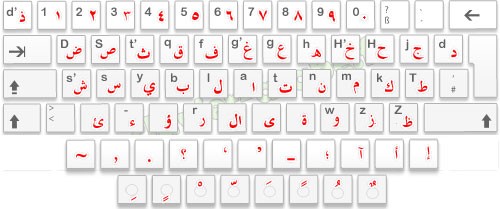The Digital News Report 2025, published by the Reuters Institute for the Study of Journalism, highlights notable changes in Morocco’s media landscape. After years of criticism over limited press freedom and state control of media outlets, some positive signs are beginning to emerge.
In recent months, Morocco has seen the release of detained and exiled journalists, along with the rise of new independent voices on digital platforms. These developments offer a glimmer of hope for a freer and more open media environment. However, this progress is unfolding in a digital ecosystem where trust remains fragile, and recent regulatory reforms have drawn mixed reactions.
The report also points to a sharp increase in content production. In August 2024 alone, over 136,000 articles were published, most of them online, representing a 23.7% year-on-year increase. This surge spans multiple languages, reflecting growing momentum as Morocco prepares to co-host the 2030 FIFA World Cup with Spain and Portugal.
Digital Platforms Dominate News Consumption
The internet has become the primary source of news for most Moroccans, with 78% of respondents saying they rely on it. Social media and messaging apps play a central role in this shift. YouTube is now the most-used news source (49%), followed by Facebook (47%), Instagram (32%), and TikTok (24%). WhatsApp groups are also widely used for news sharing (30%), alongside Telegram, which is gaining ground.
Yet this shift to digital has brought new challenges, chief among them, the spread of misinformation. More than half of respondents (54%) say they struggle to tell real news from fake online. Digital influencers are seen as the main culprits (52%), followed by local politicians (30%).
Social platforms and video apps have fueled the rise of a new generation of content creators who are reshaping how news is produced and consumed, particularly among young people. YouTube, in particular, has become a hub for bloggers, political commentators, and influencers, some of whom test the limits of acceptable discourse in Moroccan public life.
Despite the growth in digital engagement, trust in news remains low in Morocco, among the lowest globally. According to the report, only 28% of respondents said they trust the news. Many cite a lack of media independence and the tendency of outlets to avoid sensitive issues or echo official government positions.





 chargement...
chargement...

















